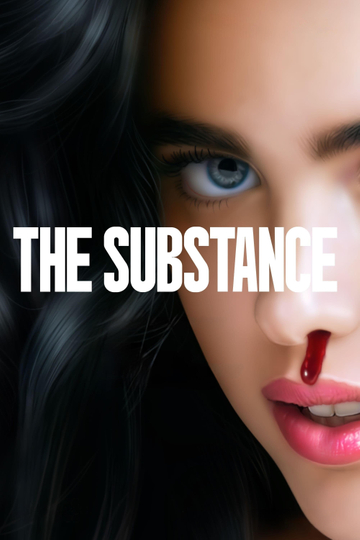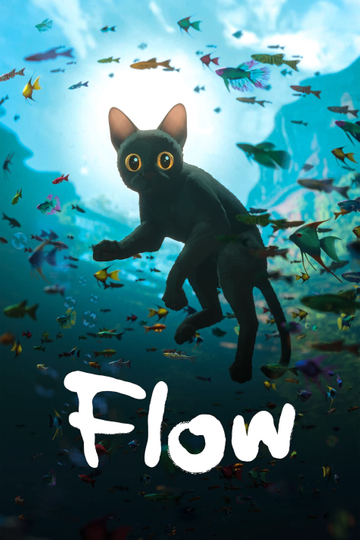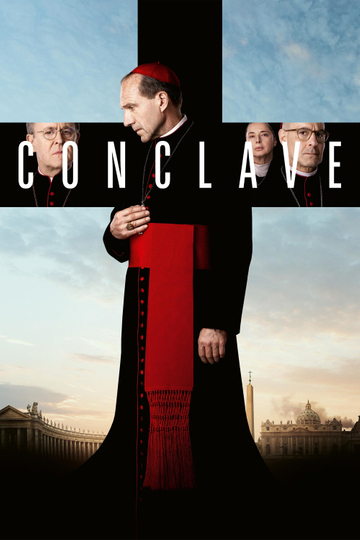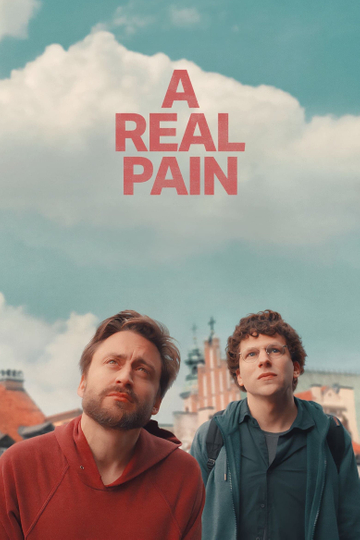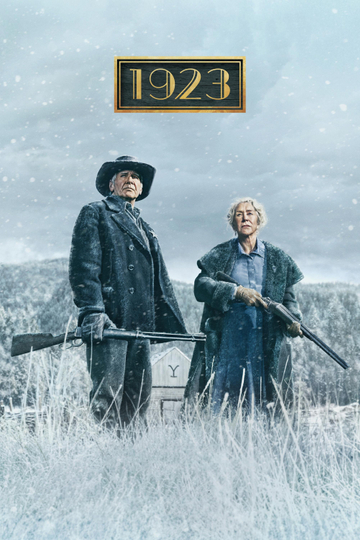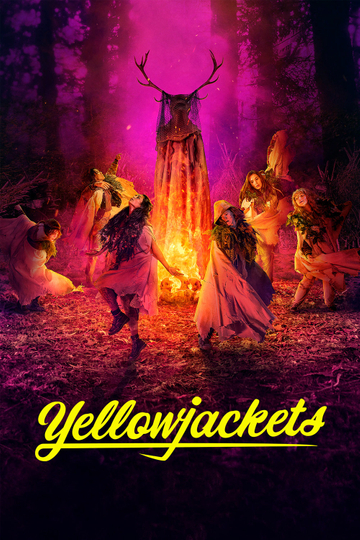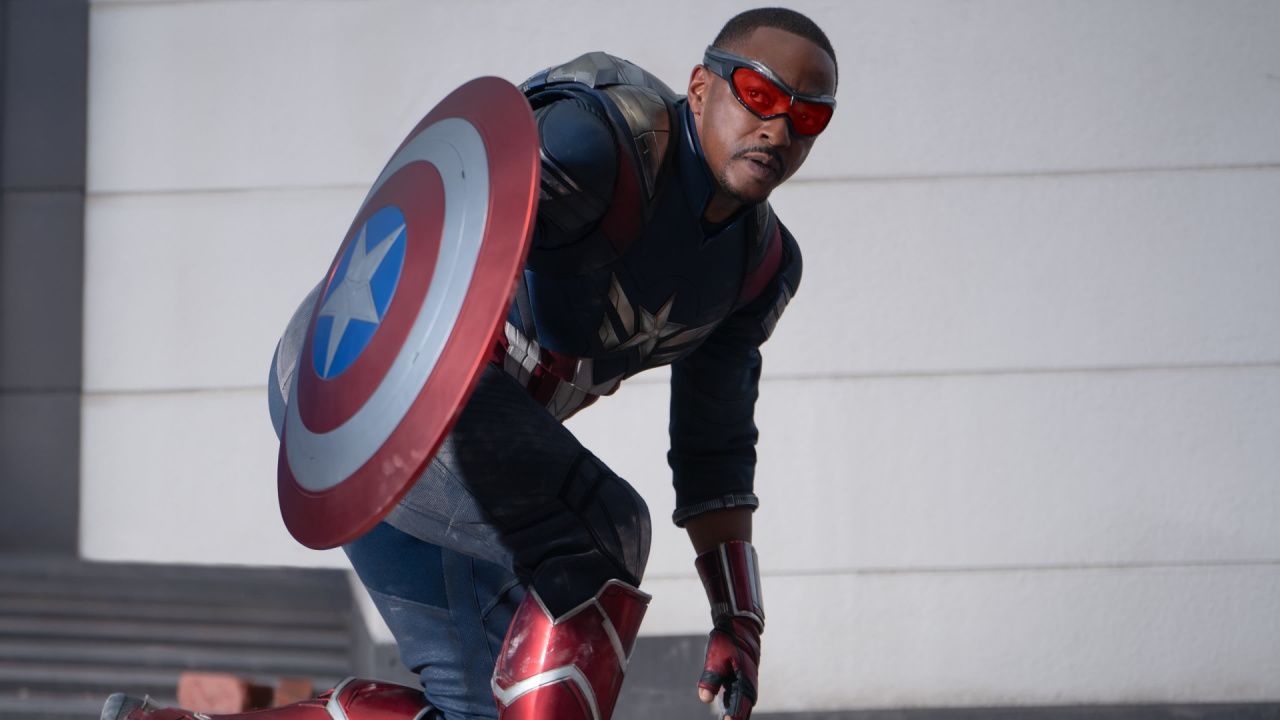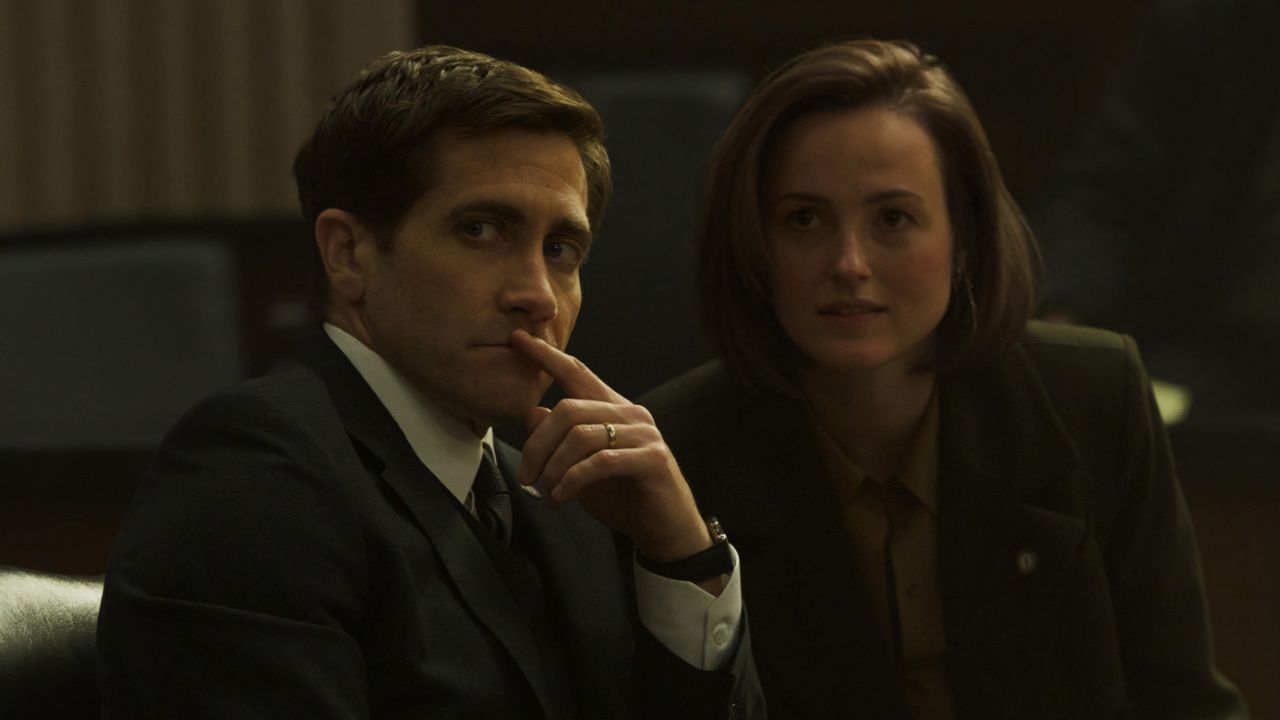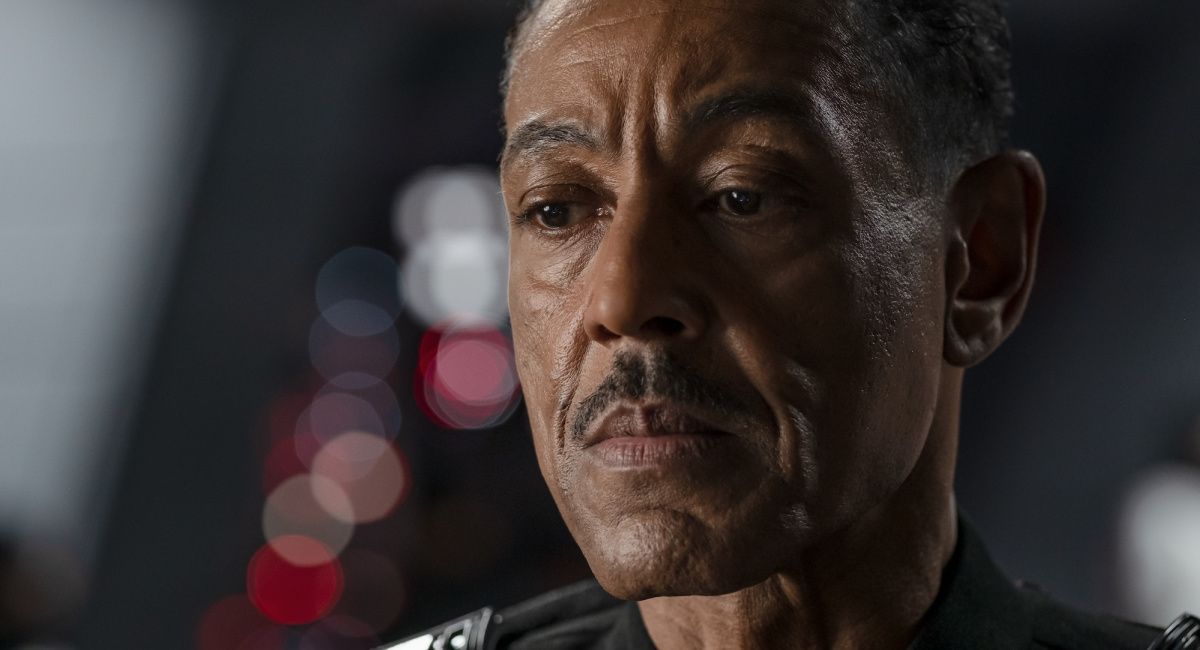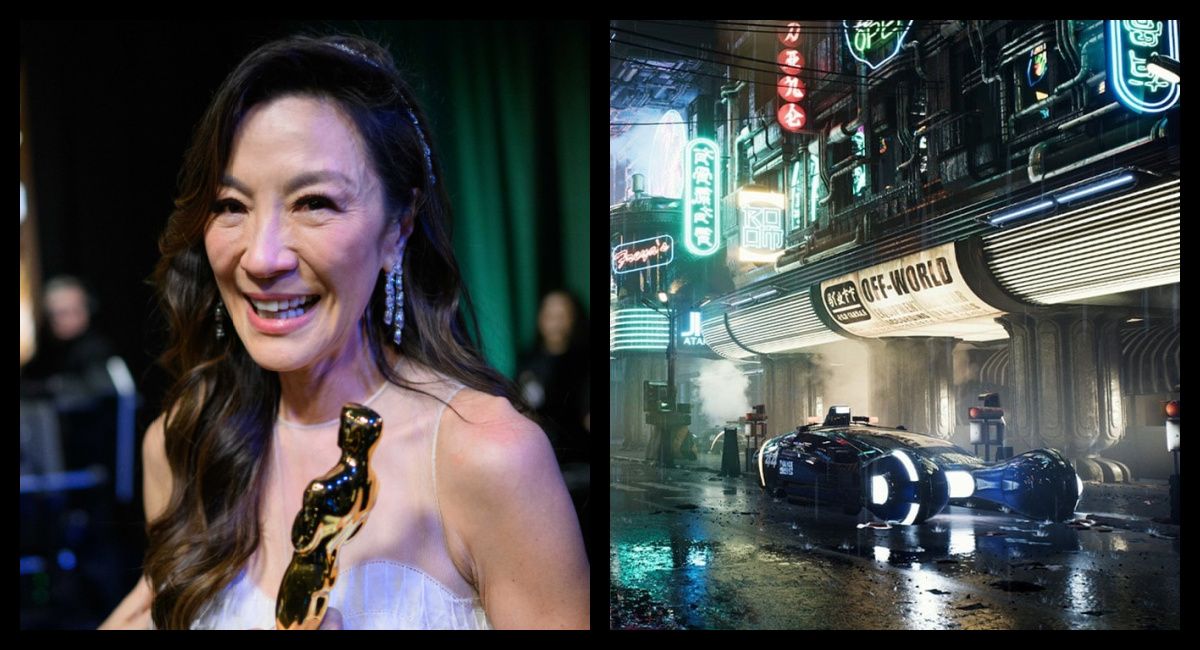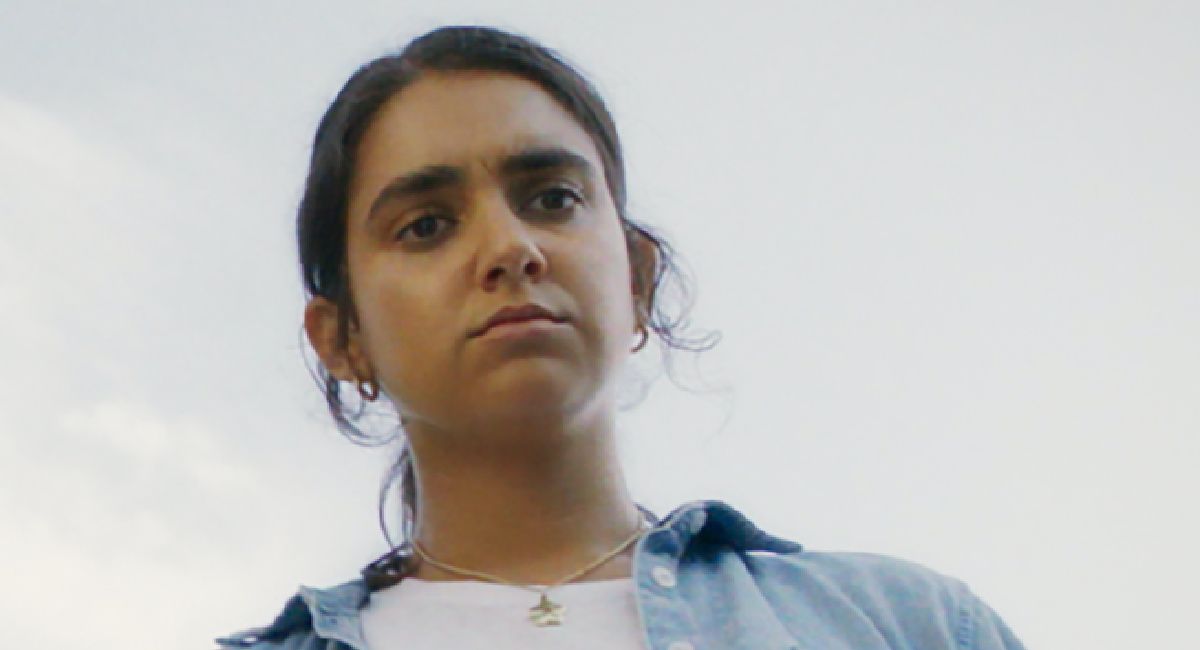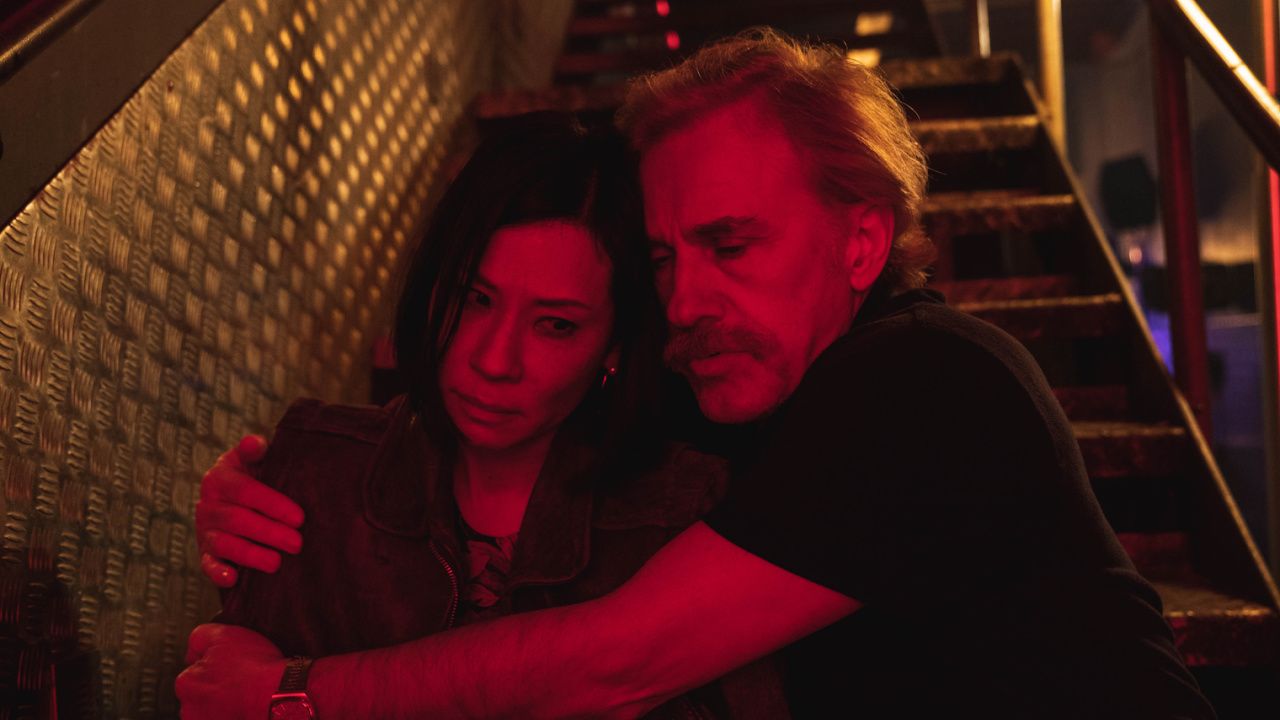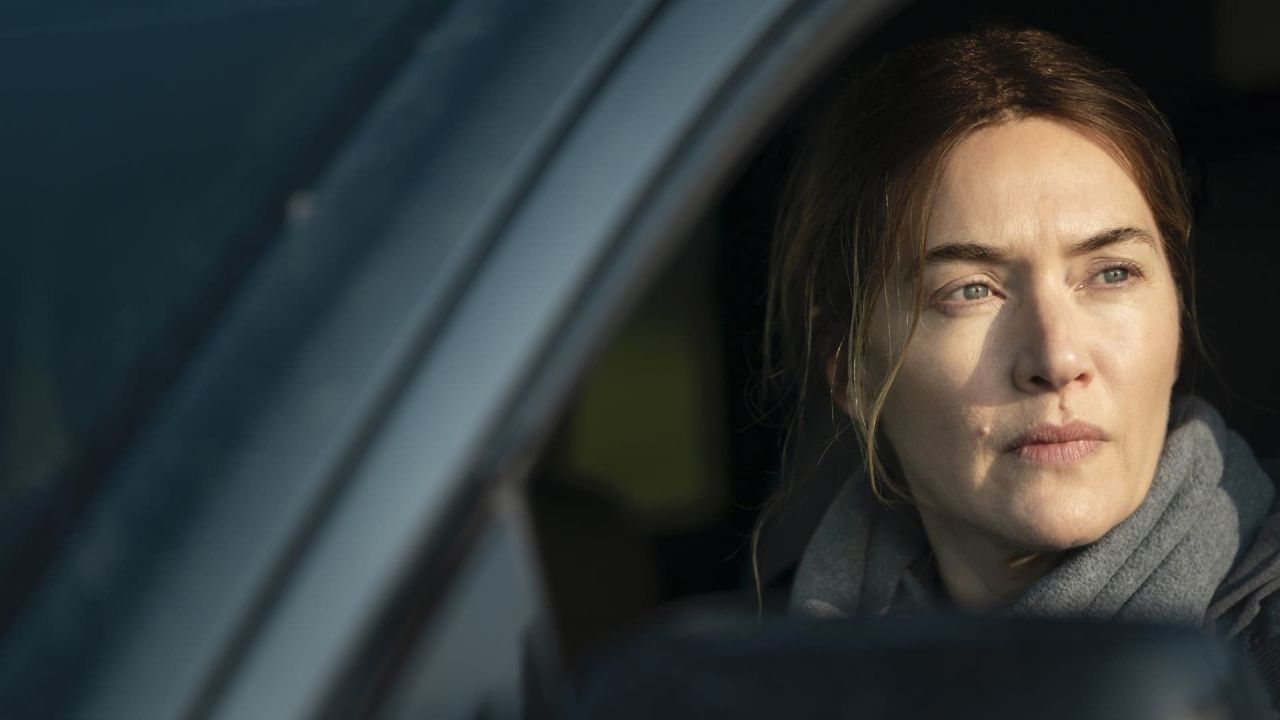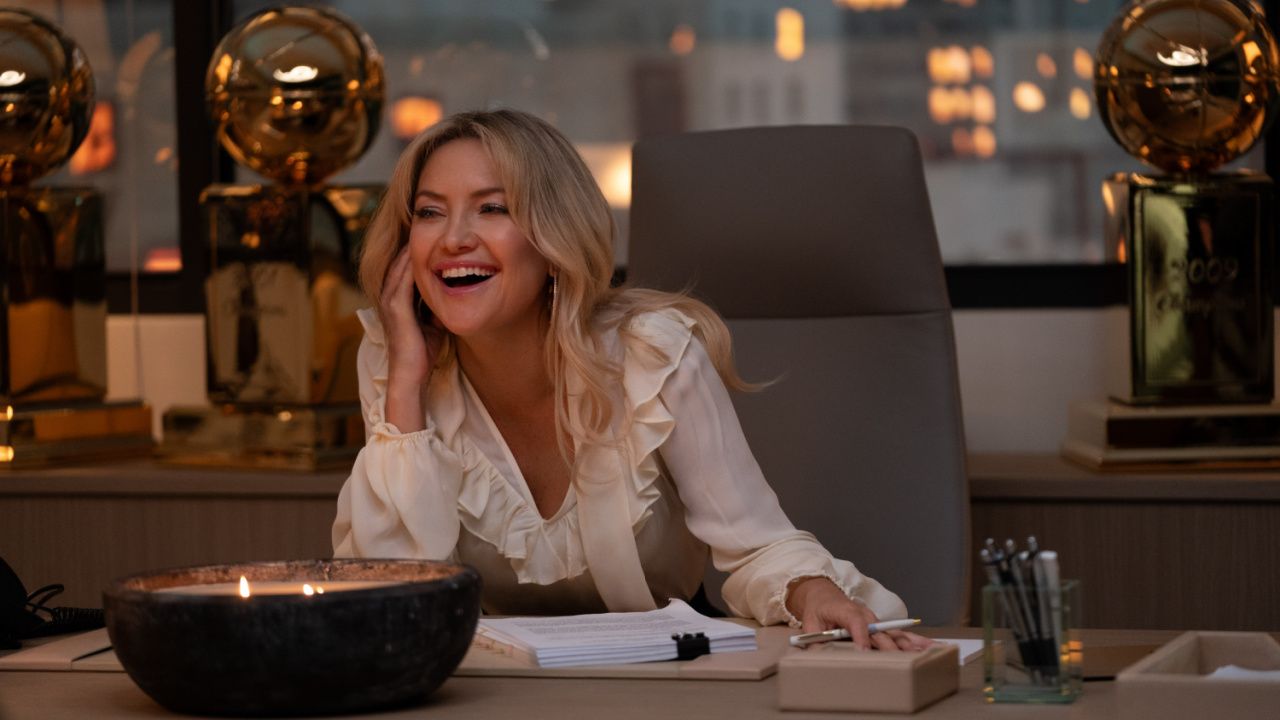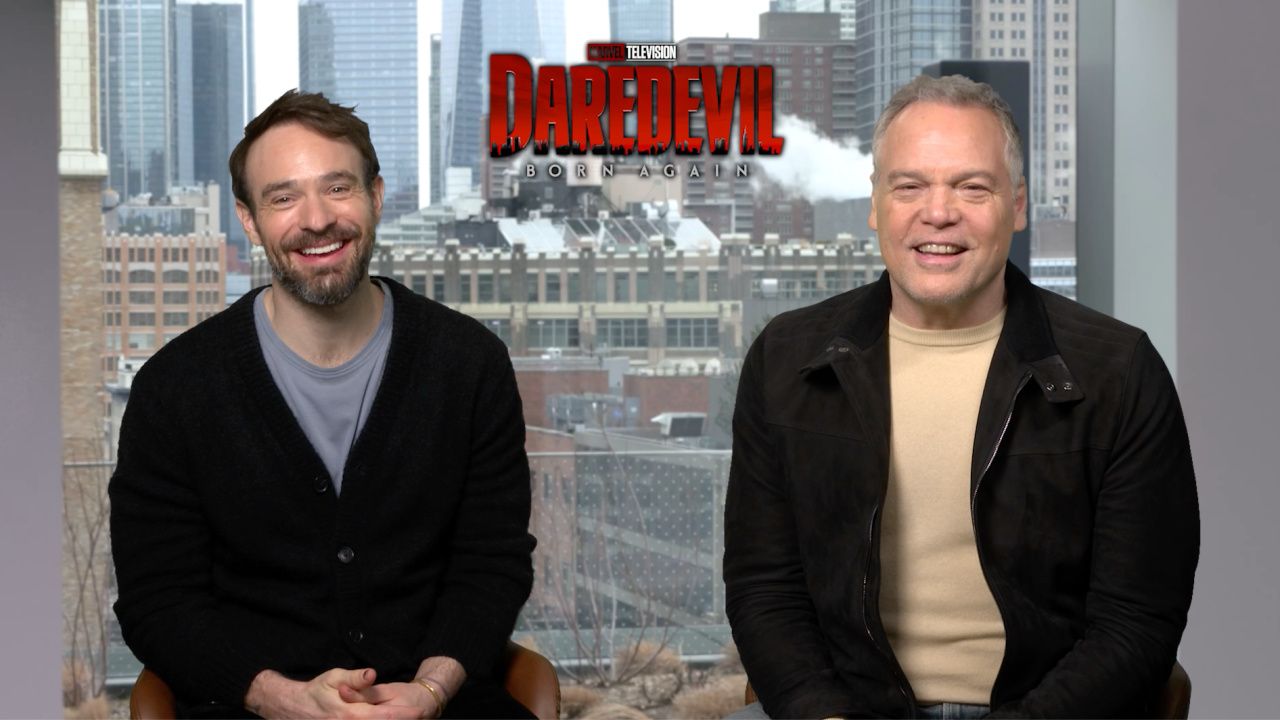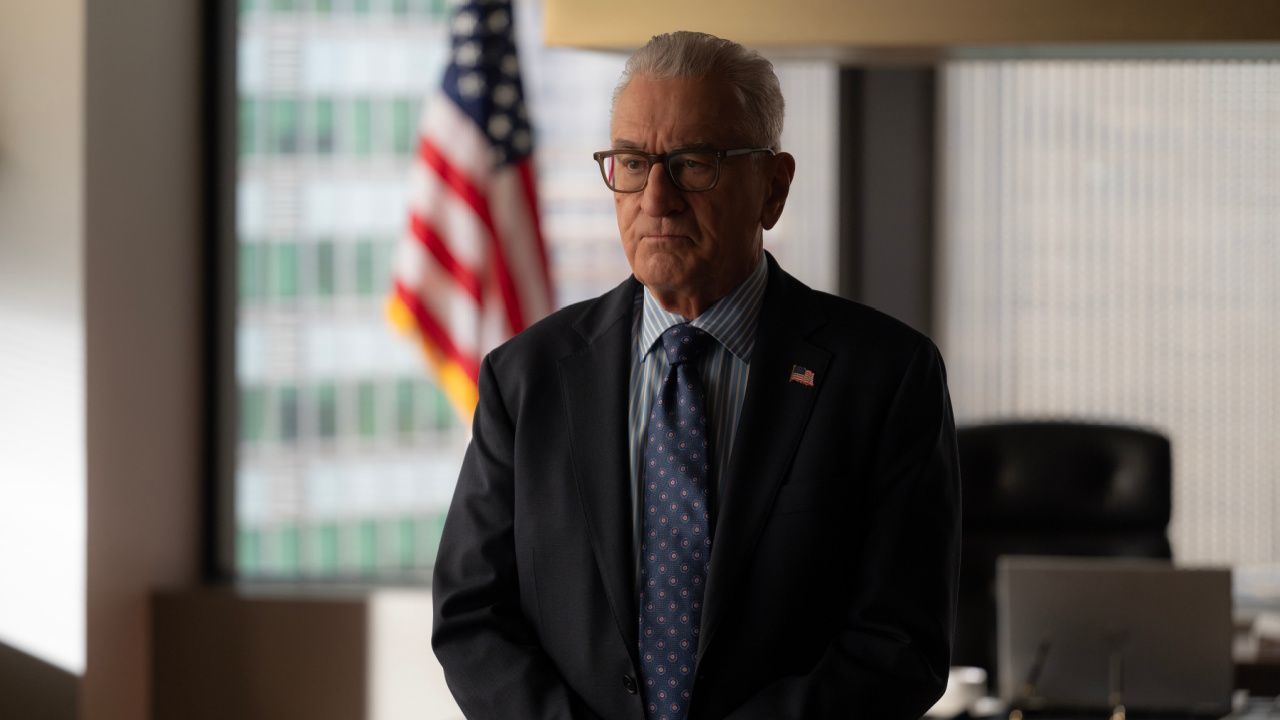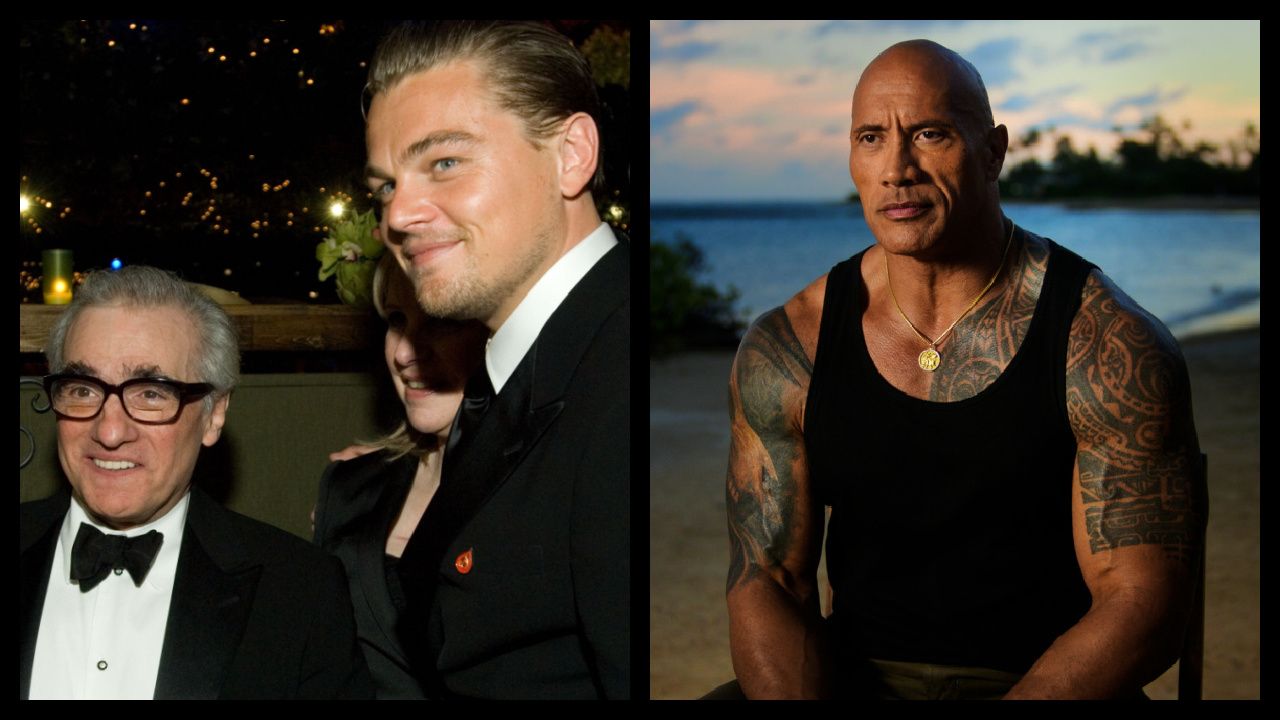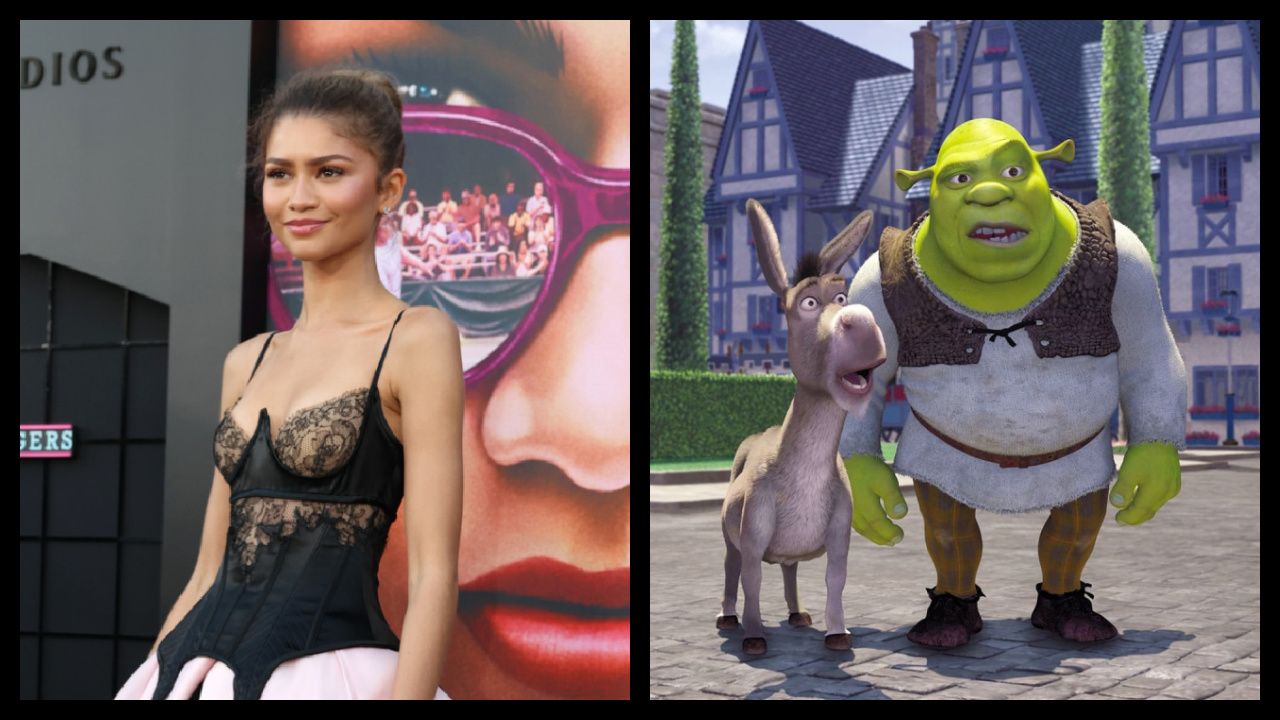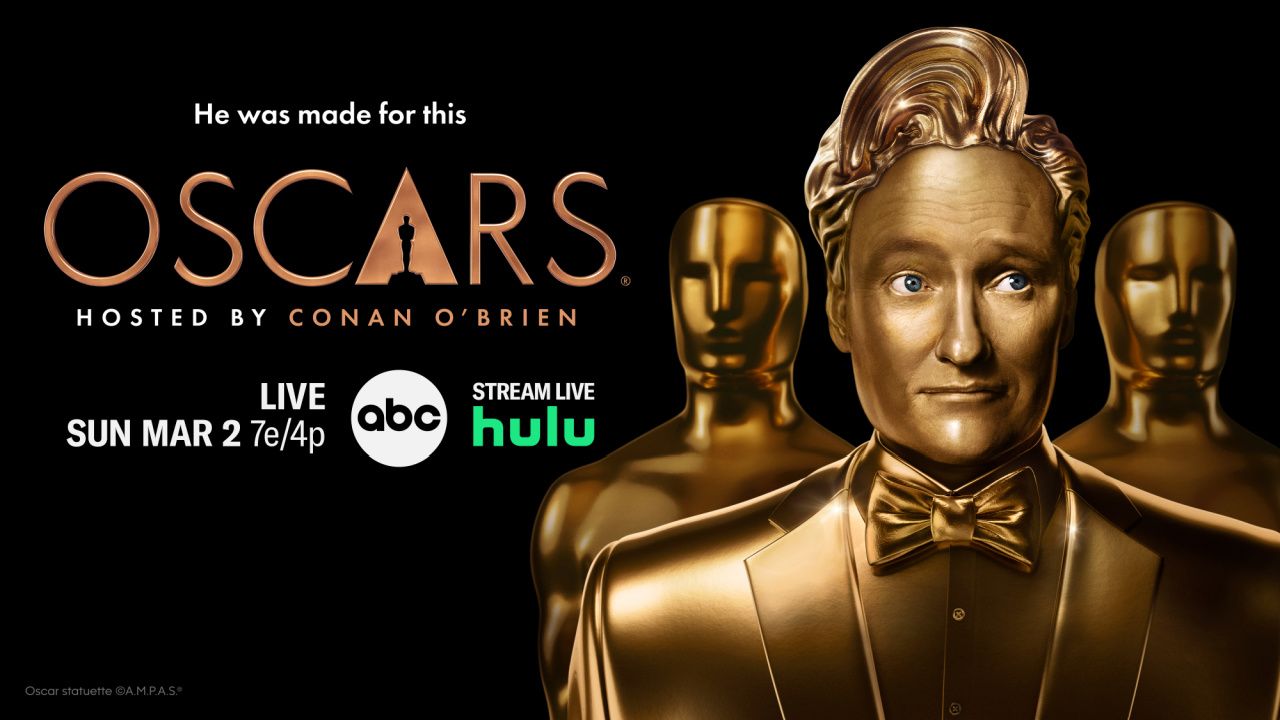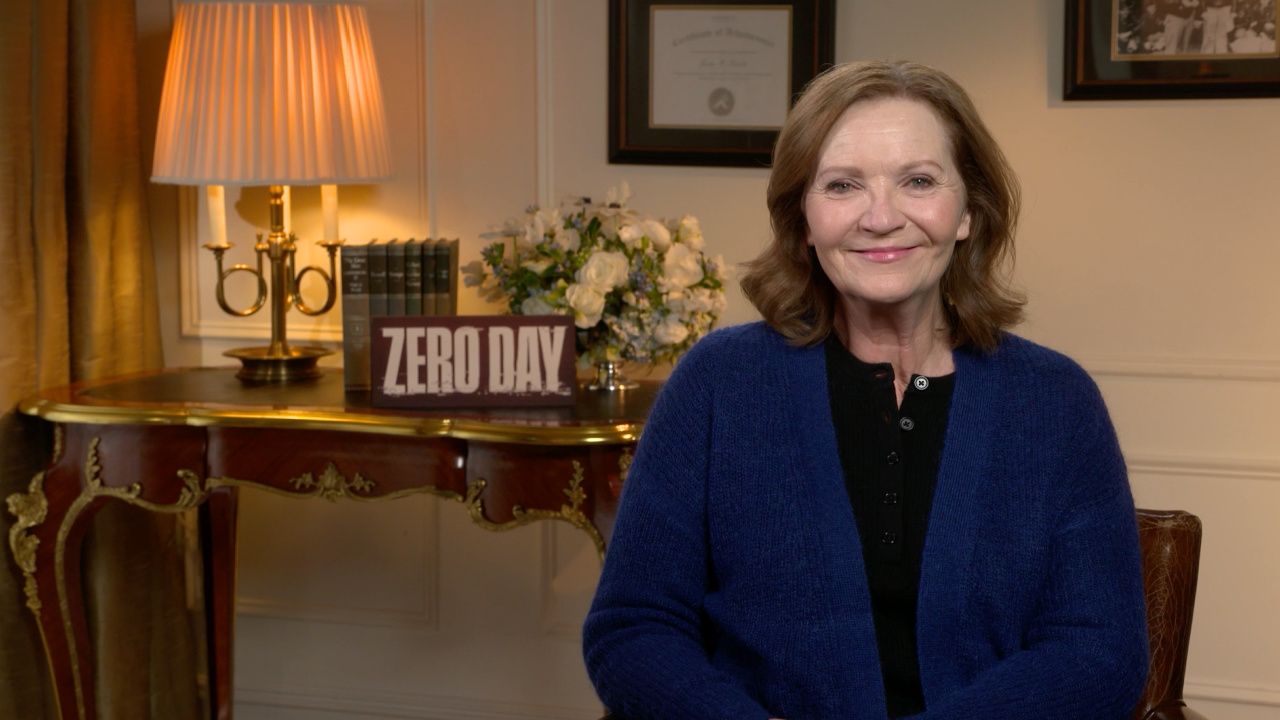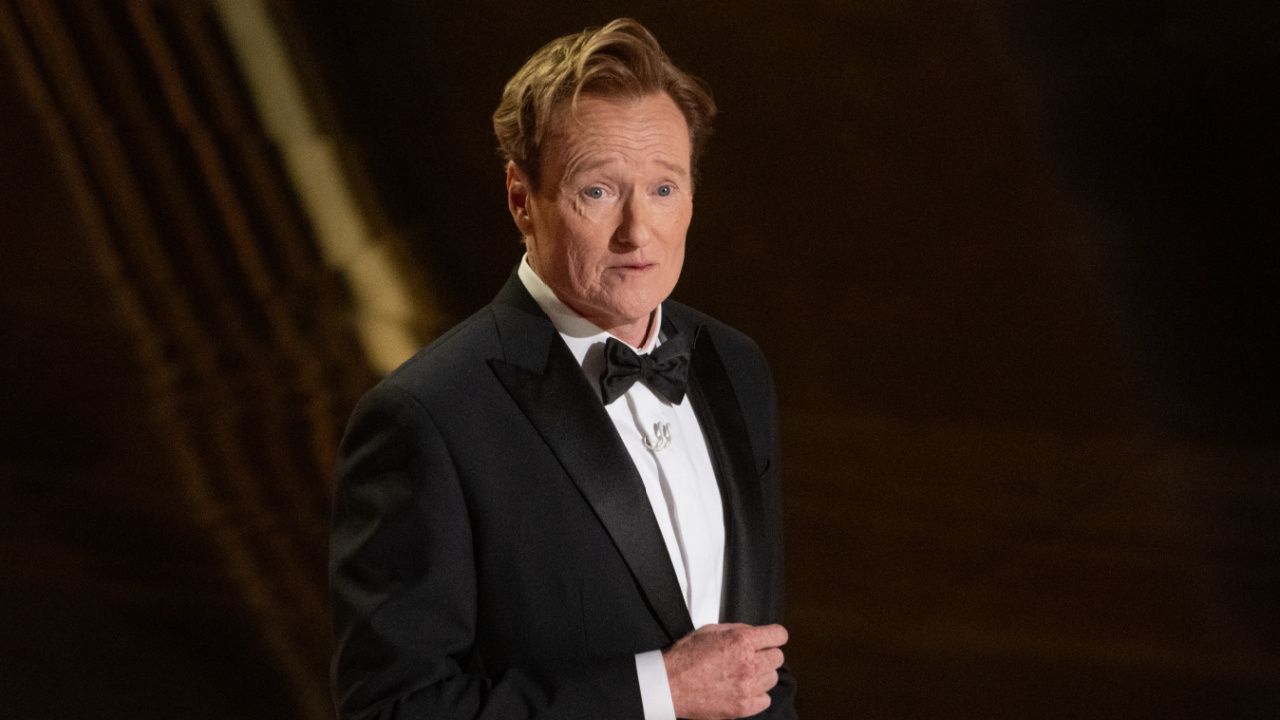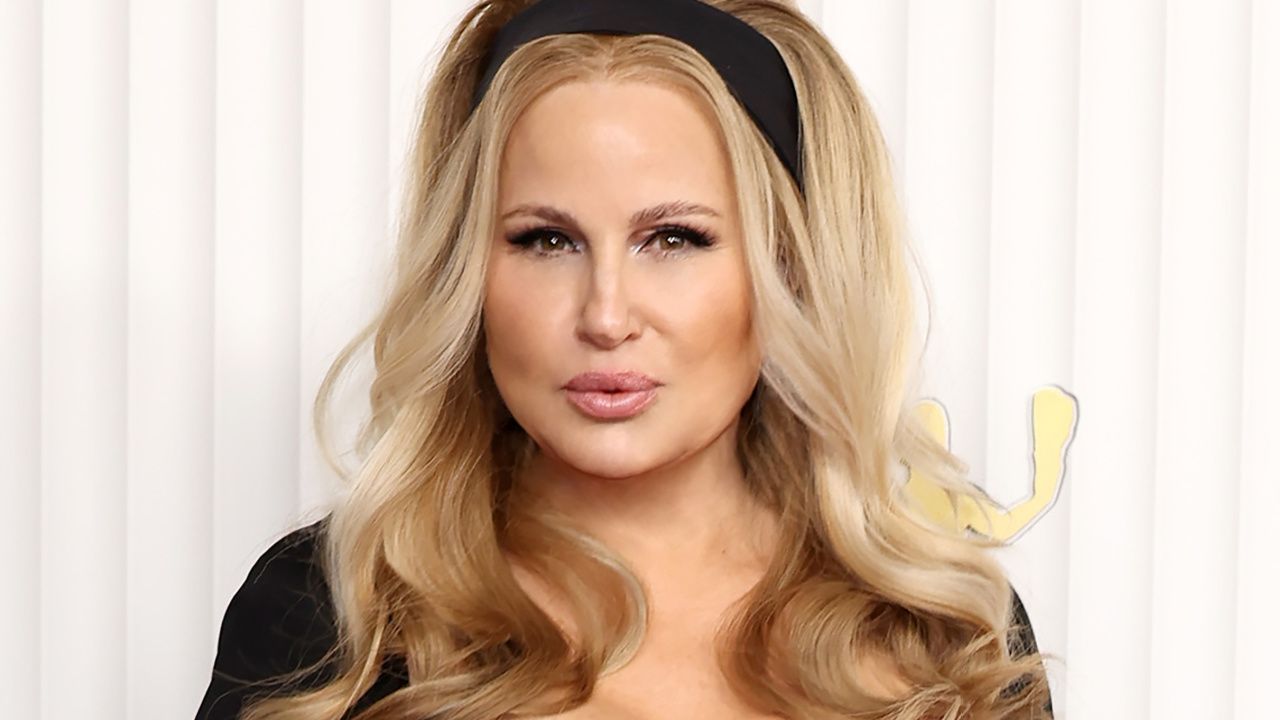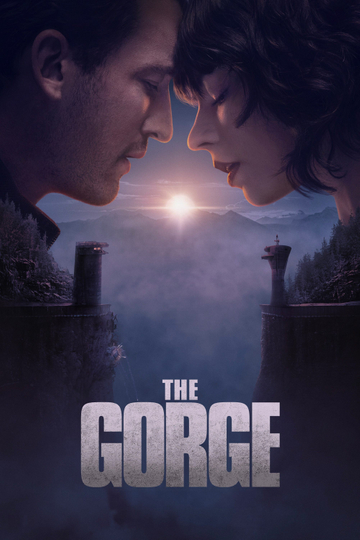A Rebel and a Princess: Remembering Carrie Fisher
I was nine years old and there she was: like many women who appeared in the films and TV shows I'd seen, she was young – only 19 at the time – and beautiful, but she was so many other things as well, things I hadn't seen on the screen before all wrapped up in one person: regal, haughty, feisty, sharp-tongued and more than capable of taking care of herself.
She was a rebel and she was a princess.
That description aptly applies to both George Lucas' creation Leia Organa and to the actress that gave life to her, Carrie Fisher. Yes, Carrie was born "Hollywood royalty" as they say, but she used every one of the considerable talents at her disposable to claim her own seat at the table.
I was fortunate enough to have grown up in a time when empowered, heroic female characters like Wonder Woman, Bionic Woman and ahead-of-their-time comic book superheroines were becoming more prominent in pop culture (if still sometimes over-sexualized, with apologizes to the iconic metal bikini). Thanks largely to the lead set and cemented by Leia, I came of age with storytelling examples of how women were as likely to save the day as their male counterparts – not just in the "Star Wars" films but in the tie-in novels and comics, a concept that quickly found its way into my toy play, too, and the way I saw the world.
A lot of that was Lucas, but a lot of that was also Carrie. She'd pooh-pooh her contribution for the rest of her life, but that steel we saw inside Leia clearly – as we'd learn over the years – came from inside the woman who played her. She wasn't just a big screen crush; she was a hero.
"'Star Wars' brought out something in people," she once told me. "And I'm the only girl in it."
"Star Wars" provided my gateway into a lifelong interest in filmmaking and the personalities of Hollywood, and it wasn't long before Carrie Fisher became an even more fascinating figure than Princess Leia.
Her family's backstory was already the stuff of Hollywood legend, and she was cutting her own celebrity swath as well, both in the real locale and in my mind's version of it. She was a partner-in-partying to my early comedy heroes, Saturday Night Live's" Not Ready for Prime Time Players, in the thick of it yet dodging the metaphoric bullets that would ultimately claim some of them; she had a storybook romance with one of the most acclaimed singer-songwriters of all time, Paul Simon, though it didn't last; she threw epic birthday parties with her pal Penny Marshall that still remain a Hollywood standard for over-the-top indulgence. And she still regularly did good work in good, non-"Star Wars" movies: "The Blues Brothers," "Hannah and Her Sisters," "The 'Burbs," "When Harry Met Sally...," "Soapdish," to name a few.
About the time I was becoming serious about a career as a writer, a whole new facet of Carrie's life came along to fire a different side of my imagination: she became an accomplished novelist, screenwriter, script doctor and crafter of Oscar night one-liners. Brilliantly witty, stingingly observant and painfully revealing, her second act transformed her not only in Hollywood's eyes but in my own: she went from embodying a childhood hero to serving as a role model in her own right. I studied her moves as keenly as I'd memorized the names of the planets where the Rebel Alliance had bases.
Later, within her work and through revealing interviews, she would share the stories of her battles with her own personal demons, addiction, alcohol abuse, insecurity, depression, romantic miscalculation and bipolar disorder among them. Although, like everything, these subjects would soon become fodder for a wealth of comedic material, there was most certainly a great deal of pain at the core. This is where I'd first encounter Carrie Fisher the Actual Person, and although she'd frequently cloak herself in a wry comic persona fit for public consumption, as I became part of the Hollywood landscape that surrounded her I began to see her peek out from that bit of cover.
The first of several memorable encounters was in 2004 at the Beverly Hilton at an event in which she was honored for the awareness she'd spread about living with mental health issues, in which she brought the house down with laughter with tales of her short-term memory-loss inducing electroshock therapy sessions – these kinds of speeches would lay the foundation for her acclaimed one-woman shows – but also seemed genuinely puzzled by exactly what SHE had done to better the mental health conversation – she then escaped for a brief respite from the spotlight, crouching outside for a cigarette all alone on the Hilton's front walkway.
Other encounters would follow, along with various red carpets moments, awards gala tributes and glimpses of her signing autographs at Comic-Con. They included a madcap confetti-slinging, feathered-boaed appearance at the Television Critics Association, chatting with her and her mom Debbie Reynolds at the premiere of HBO's presentation of her wickedly brilliant one-woman show "Wishful Drinking," from which I swiped one of the best party favors ever: candy "pills" packaged in a prescription bottle; sitting in the audience of the Academy of Motion Pictures Arts & Sciences' 30th anniversary screening of "Star Wars" with Carrie, Mark Hamill, George Lucas and the film's FX visionaries, seeing her reunite on stage with Harrison Ford and Mark in front of thousands of swooning fans at the 2015 Star Wars Celebration event. And every time there was that little pinch-myself moment, where nine-year-old me is shouting inside my head "There's Carrie Fisher over there!" "YOU JUST TALKED TO PRINCESS LEIA!"
There's the memory I already cherished, now and forever, when I drove several miles out of Los Angeles to the Improv in Brea, where Carrie unveiled a new one-woman show – the near-entirety of which was built off of her impromptu responses to spontaneous audience questions. It was a gloriously funny evening that ended with Carrie, her dog Gary, her attentive assistant and I all squeezed into the Improv's broom closet-sized dressing room, where – just weeks before the announcement of the franchise's surprise sale and revival – we talked "Star Wars," her take on the continuing devotion of its fandom, her colorful history and somehow making an art out of winging it on stage. It was one of the most sublime – and slightly, deliriously weird – interview experiences of my career, and of course a dream come true.
"It is strange," she told me of seemingly unprecedented durability of "Star Wars". "It's like a scent that lives in the rug. It's our own fairytales. The Grimms were for a hundred years ago. So what is it for our generation? What is it that we can relate to? So with Grimm's fairytales, it's all folksy and hobbits, and we like all that. But this was just a whole other landscape to imagine on, and people had a real hunger for it."
I am heartbroken to have to accept that another such chance to chat with Carrie is yet another casualty of 2016: The Year That Everything Just Sucked – I wanted to believe that her long history as a survivor would prevail yet again after news of her cardiac arrest spread. Sadly, that wasn't the case. But think – just think! – at all of the victories this 5'1" spitfire scored in her scant 60 years when it seemed like she was down for the count, once and for all. Throughout my life, this powerful, spirited woman went from fictional hero to real-life role model to complicated human being and all the way back to hero again.
For me, as for so many of us, Carrie Fisher will always be a rebel and a princess.

